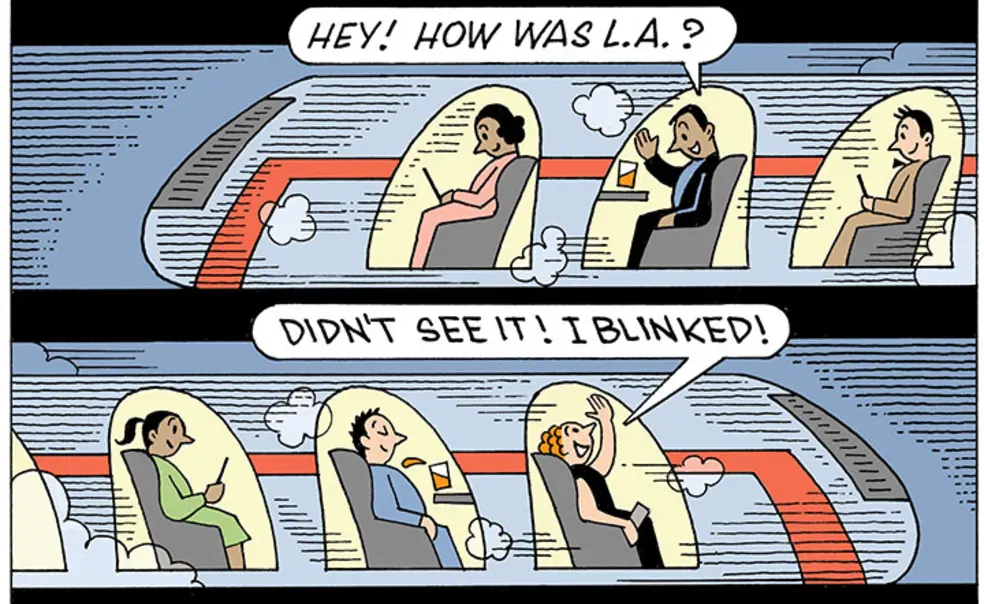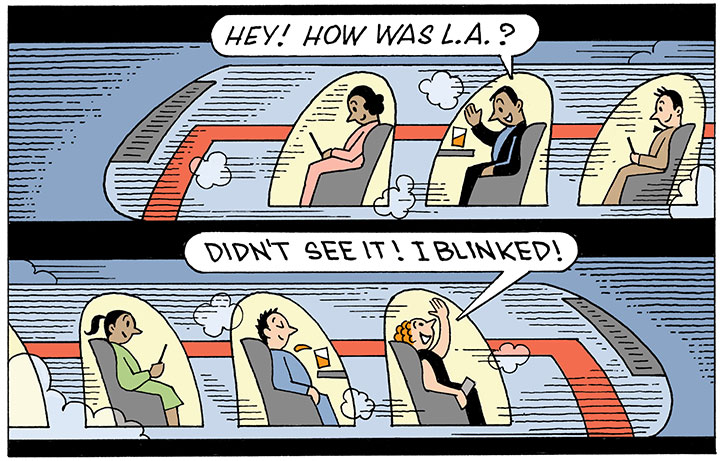Student Dispatch: All Aboard the Hyperloop, a Futuristic Transit Competition
Imagine traveling from San Francisco to Los Angeles in a mere 35 minutes. That’s the idea behind the Hyperloop, a transportation system in which pods would travel at incredible speeds through low-pressure tubes on a cushion of air. Led by Yash Patel ’18, a group of Princeton students is competing in a SpaceX competition to create the pods that could make it happen.
“It’s still a little bit of sci-fi right now,” adviser Daniel Steingart, assistant professor of mechanical and aerospace engineering, said of the idea, proposed by Tesla Motors and SpaceX CEO Elon Musk. “But I think the idea of exploring the concept of alternative mass transit is certainly a great idea.”
Patel came upon the competition in June in a Facebook group for hackathon participants. A Cornell student had posted a call for collaborators in the Hyperloop challenge. Now Princeton is working with five other schools, including Cornell. (As of October, there were 318 teams.) While it’s heavy on electrical engineers, Princeton’s group draws from other fields, too: Patel is a math major, and a few Woodrow Wilson School and economics majors work on the business aspects.
Princeton is the consortium’s electrical team, responsible for selection of the battery, designing the cooling system, and determining the necessary sensors. Patel noted that the team has made rapid progress. One member, Peter Russell ’19, had done extensive prior research on energy storage, having patented a super-capacitor to capture and store solar energy. He called the project’s goal a “cross between train and mail tube.”
“Engineers are always fascinated by difficult problems,” Russell said. “If we were able to succeed in designing and successfully testing a Hyperloop pod, be it us or another team in the competition, that would revolutionize transport and just how we understand it.”
After the design deadline, in January, there will be a build phase that culminates in Competition Weekend, when the pods will be tested on a one-mile track by SpaceX headquarters in California.
While Patel’s goal is “hopefully to win,” he wants the team to become a competitions club for engineers. “We’re hoping to do different types of competitions each year, so that it really attracts different types of engineers to compete,” Patel said.
Steingart admitted to being “a bit skeptical” about the Hyperloop and similar competitions, because the companies behind them “are bringing ideas together for essentially the cost of nothing.” But he is happy the students are involved. “It’s a great way for students to deepen thought,” he said. “I think it beats student government any day of the week.”














No responses yet